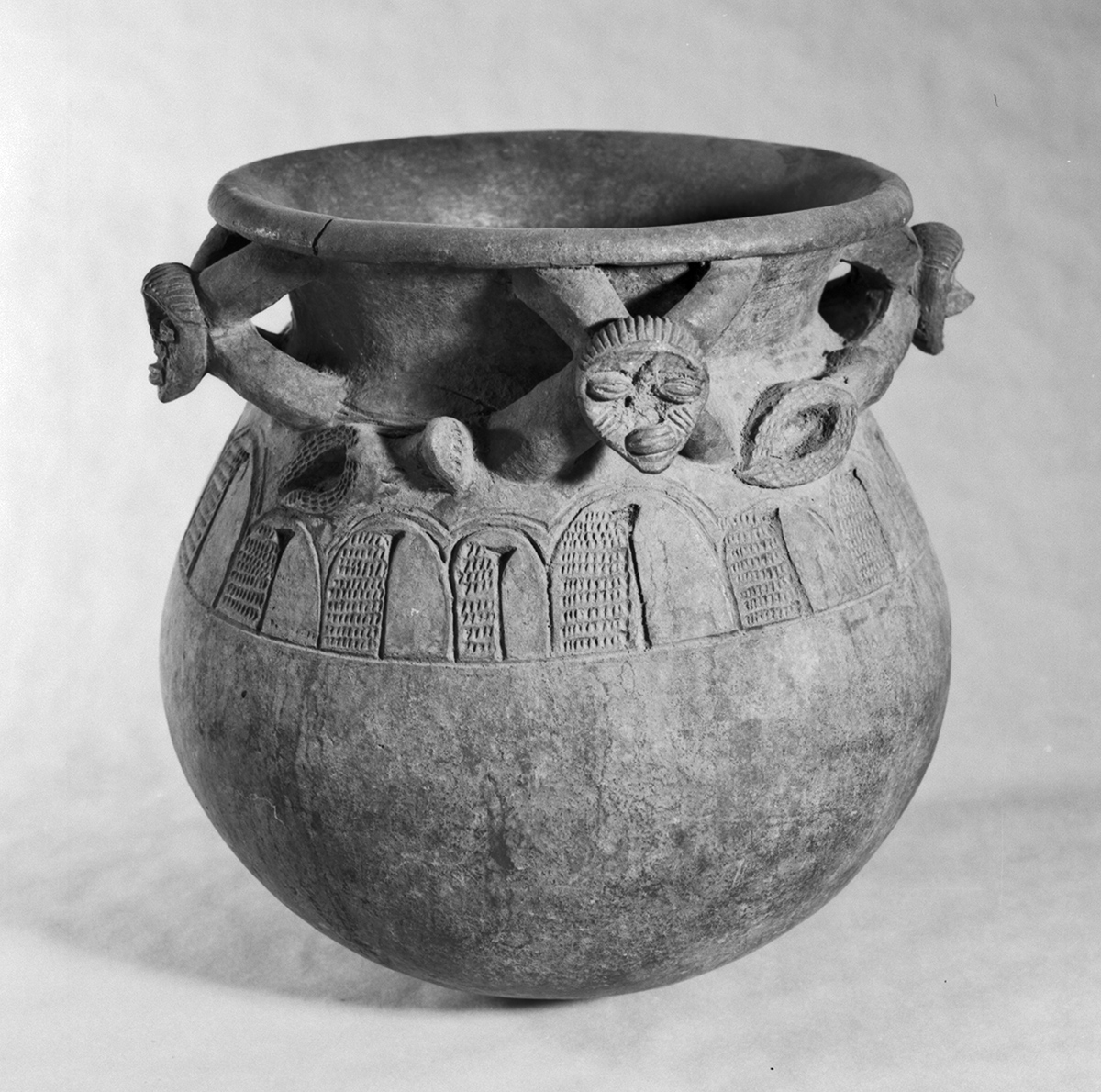Dr. Holger Jebens is in charge of the ethnographic collection of the Frobenius-Institute. Today the collection consists of some 6,000 objects, mostly in the area of the day-to-day culture of African societies (ca. 5,300 objects).

Regions that are strongly represented are Ethiopia (ca. 1,200), Burkina Faso (ca. 1,200), Nigeria (ca. 600), Ghana (ca. 400) and Togo (ca. 390). Thus the most extensive single collections come from the ethnic groups of the Hadiya (Seyfarth 1970), Lobi, Bobo and Bwaba (Schneider and Weingarten 1984, 1990), Kanuri, Guduf and Lamaang (Cyffer and Wolf 1969), Ashanti (Reis and Ritz 1984) and Bassar (Hahn 1988-89). Documentation of the ceramic production of these ethnic groups by the ethnographic collection of the Frobenius Institute is more complete than in the case of any other institution.
The holdings of the collection can be traced back above all to the collecting policy and scholarly interests of the fourth director of the Frobenius Institute, Eike Haberland. Research projects whose concern it was to understand and document African cultures, among other things by means of their material inventories, formed the context for the collection in many ways.
In recent years, the collection has been systematically increased by objects from Nigeria, Brazil, Indonesia and Papua New Guinea, which, in different ways, bear witness to local ways of confronting global transformation processes. Included in these objects are, among other things, a "Mercedes bed" and the inventory (enamel and plastic vessels, four-poster bed) of a "women's room", an Umbanda altar, a Harley Davidson made out of rattan, and a series of dance masks made partly out of "modern" materials.
In most cases the collectors are employees of the Institute and students who are dealing with different areas of "material culture" in their dissertations.
The collection is conceived as a study collection. Although the Frobenius Institute does not possess any exhibition space itself, attempts are being made to make the collection available to a wider public through special exhibitions and loans.
The collection is accessible to scholars and students in the first instance. Practicals can be conducted in accordance with interests and qualifications. Viewing and academic study are possible in consultation with the custodian of the collection.







